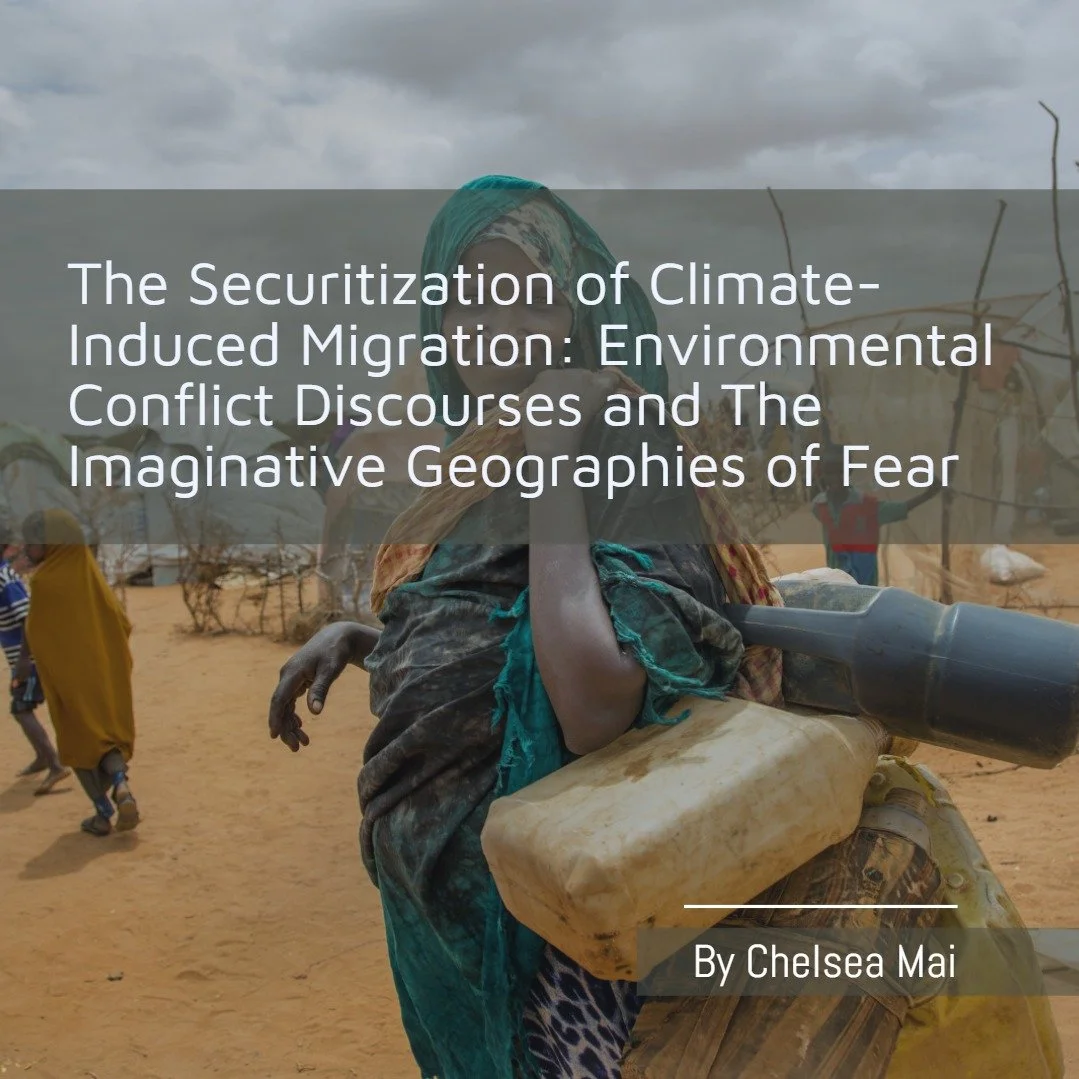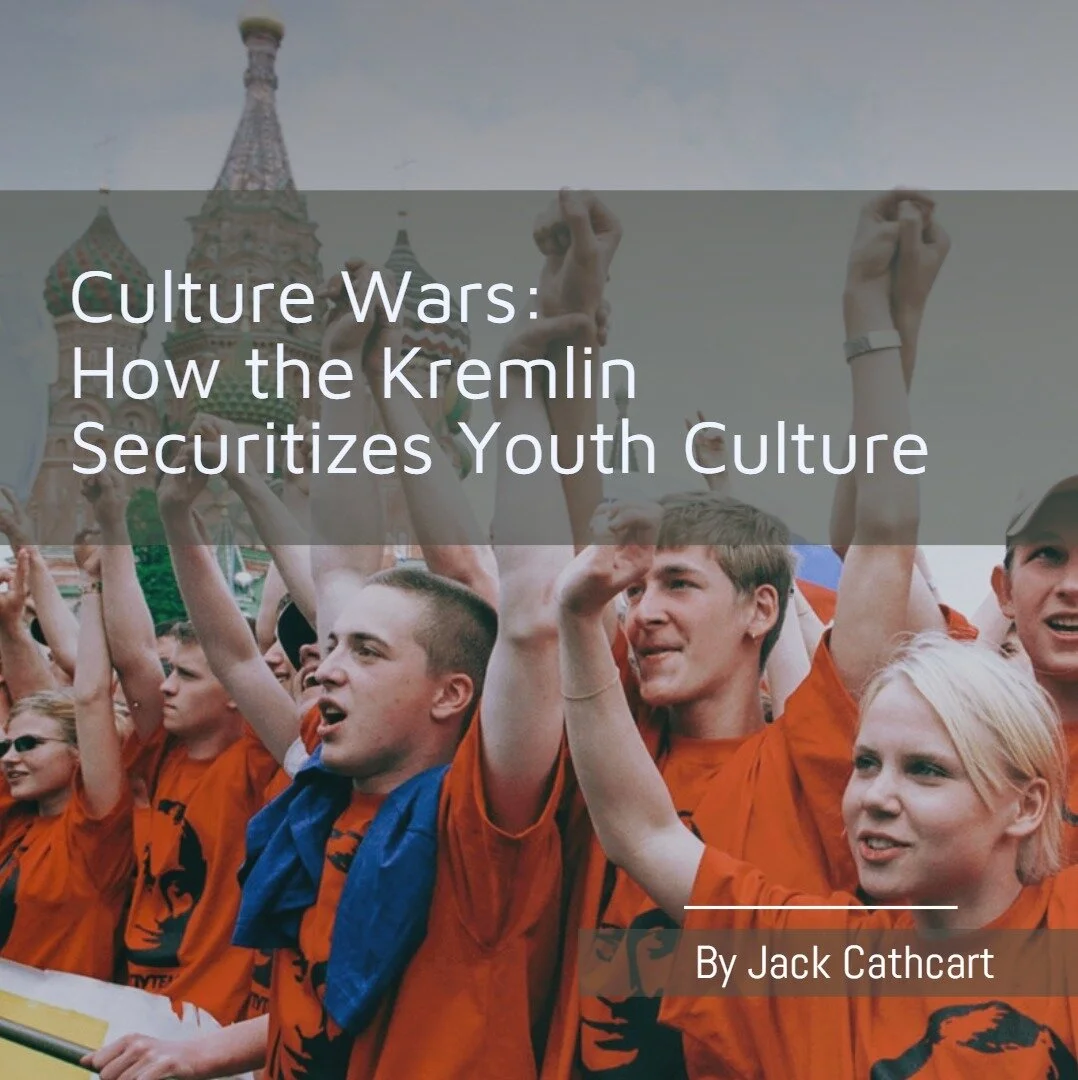The nexus between Climate Change and security has obtained much relevance in the 21st century. Climate Change is perceived to be a source of insecurity that has the potential to exacerbate existing security threats. Climate Change is thus viewed as a ‘threat multiplier’ and a source that can induce violent conflicts when viewed through the lens of Environmental Conflict Discourses. Environmental Conflict Discourses (ECD) link traditional security concerns to the environment. ECD prioritizes the security of the state over the human populations engaging in conflict and also identifies migration as a trend that can aggravate environmentally induced conflict. ECD asserts that groups within society will likely engage in conflict once natural resources deplete due to environmental degradation. Resource scarcity and the conflict that ensues because of climate induced environmental degradation may force people to move across borders and become potential ‘Climate Refugees’. ECDs however, lack widespread empirical evidence to support the claim of a direct causal link between Climate Change, conflict and migration. It can be argued that ECDs have played a more substantial role in the imaginative geographies of fear about climate refugees which have informed policies to securitize Climate Induced Migration (CIM).
Culture Wars – How the Kremlin Securitizes Youth Culture
Since the 2010s youth popular culture has become an object of close attention and management on the part of political actors and institutions in Russia, with substantial funds being diverted towards young people via a national project of patriotic education (Kukulin, 2020) (Hemment, 2015, p 7). From school curriculums that discourage critical thinking to the formation of youth groups such as the infamous Nashi (Ours), the Kremlin has sought to imbue the Russian youth with the “correct” moral values. This article explores how youth culture is firstly securitized and then leveraged, to justify the expansion of further security measures into wider parts of society.



